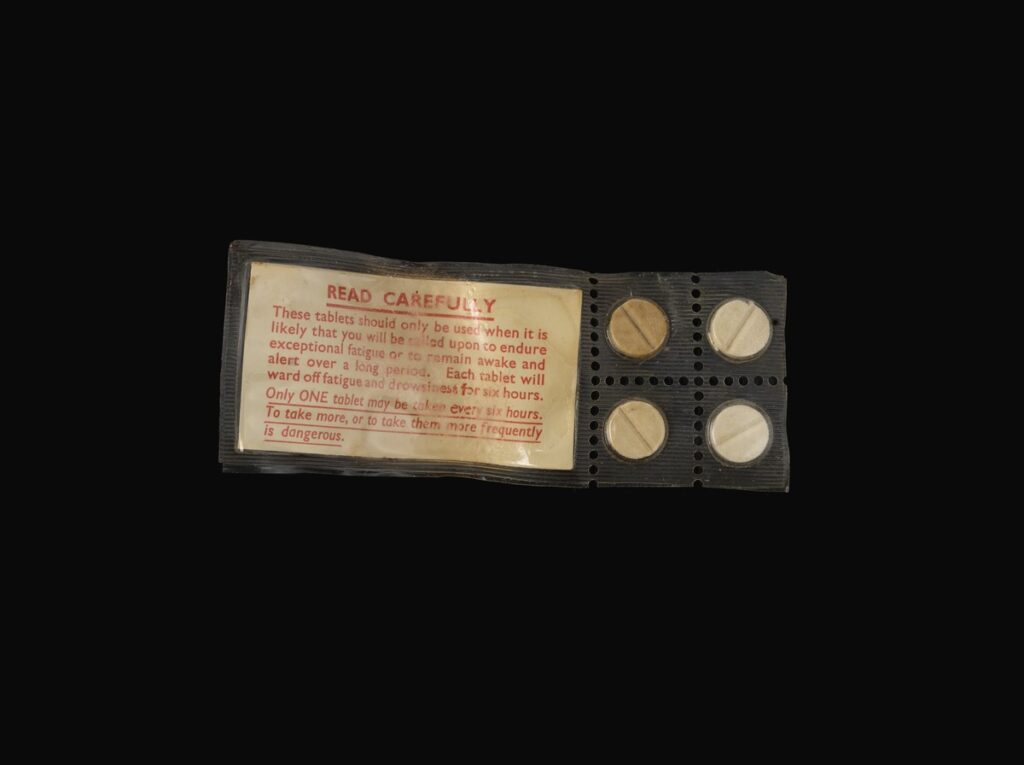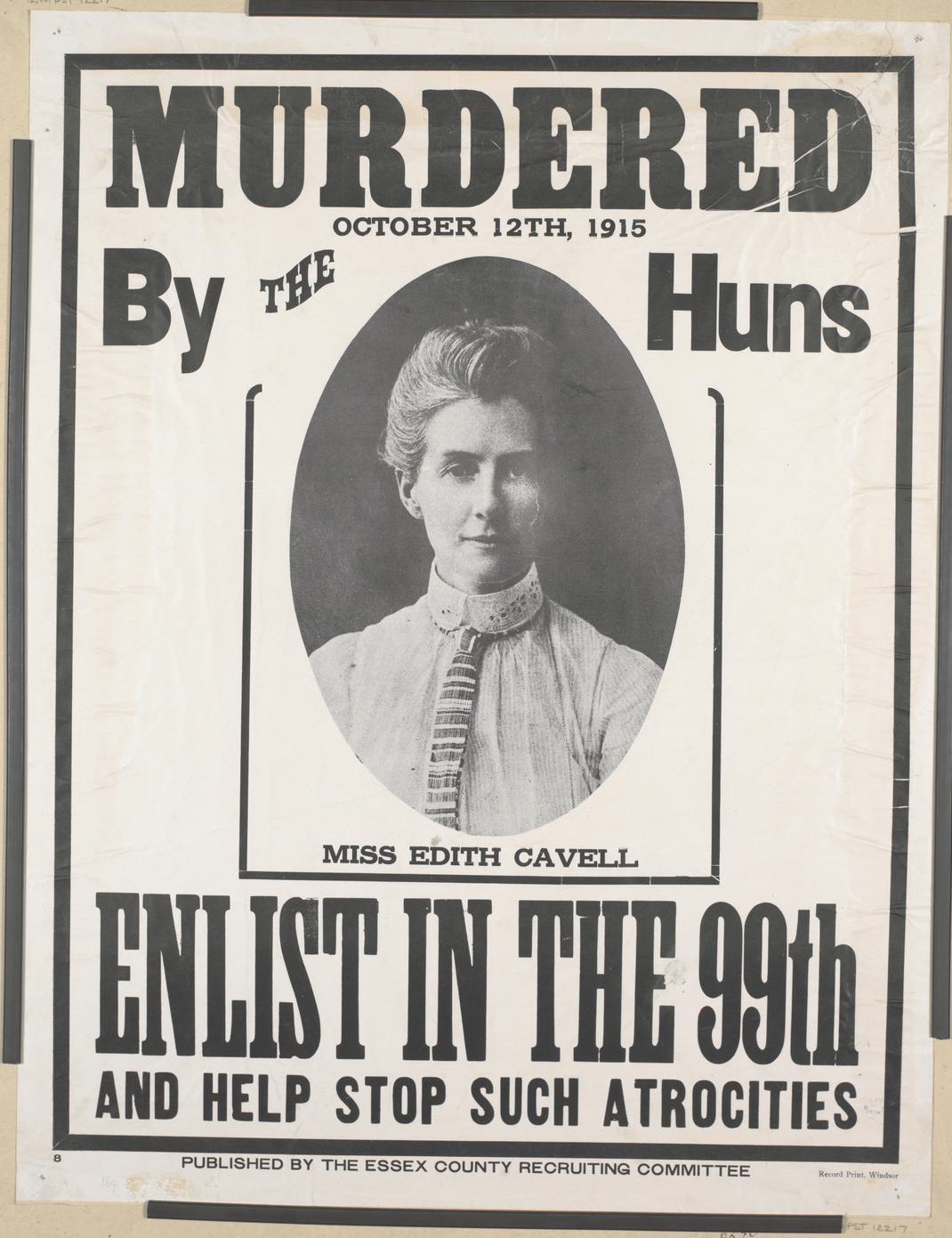Imperial War Museums (IWM) invites visitors to explore the psychological dimensions of war in a major new temporary exhibition.
War and the Mind presents a unique perspective on how humans start, experience and make sense of the conflicts that have shaped and shattered our world.
The exhibition features over 150 objects from IWM’s collections, offering unique psychological insights into conflicts spanning more than one hundred years, from the First World War to the War in Afghanistan (2001 – 2021). Newly acquired objects, photographs, artworks, personal documents, official reports and archive films enhance the six UKRI research projects and curatorial insights that underpin the exhibition’s exploration of psychology and its importance to war.
Starting Wars
Perceived differences create a sense of ‘us’ versus ‘them’. Leaders legitimise and justify conflicts to mobilise their populations. People are persuaded, pressured, or forced to fight – and support – wars. Even dedicated pacifists have changed their mind in the face of direct threat, as described in a letter from Winnie the Pooh author A.A. Milne. Recruitment posters have been used to inspire people to ‘join up’ based on hatred of the enemy for their perceived barbarity. Protest posters illustrate the fragility of public support for war, while testimony reveals some of the deeply-personal beliefs that drive people to risk their lives in conflict.


Fighting Wars
War is an assault upon the senses. First-person testimony shows how going into battle can feel terrifying, or even thrilling. Camaraderie can buoy the will to ‘keep going’ in the most extreme environments, but battle causes severe stress. The psychological importance of morale and discipline is recognised by the armed forces. Objects on display include amphetamine tablets issued to Allied soldiers to help them overcome the debilitating psychological effects of fatigue, a sketch by Charles Thrale reflecting the mental strain endured by prisoners of war, and a newly- acquired mitten belonging to the baby son of an Avro Lancaster bomber rear gunner who carried it for comfort while carrying out dangerous operations during the Second World War.
Ending Wars
When war ends and the firing stops, it may prove difficult – if not impossible – to forgive or forget. War and the Mind’s final section examines the psychological aftermath of conflict. For individuals who have lived through it, war’s mental consequences can prove devastating. Although medical and societal understanding of war’s role in psychiatric illness has gradually improved, stigma has complicated this process. This section will also look at the collective impact of mass bereavement in large conflicts, including the remembrance rituals and monuments that have helped to soothe and console, and the ways psychologists like Stanley Milgram have sought to understand human complicity in mass murder.
War and the Mind invites visitors to question – Why do we go to war? How do we cope? And how do we make sense of the violence of war?
WM London, Lambeth Road, London, SE1 6HZ. 27 September 2024 – 27 April 2025. Free exhibition





